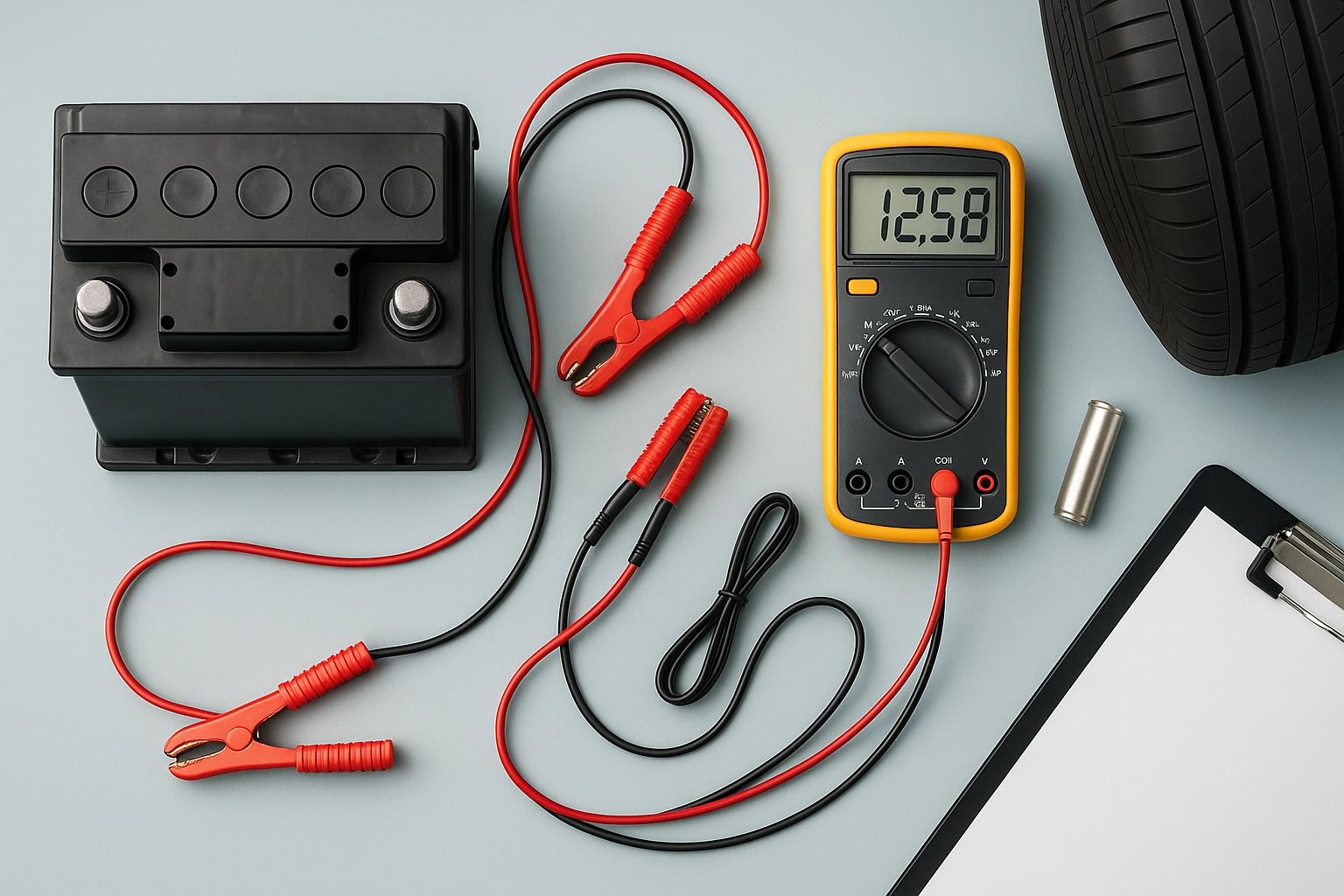SAE J2954 Inductive Charging Battery Performance Test
The SAE J2954 standard is a pivotal document within the automotive industry, specifically for evaluating battery performance under inductive charging conditions. This test ensures that batteries meet stringent requirements to ensure safe and efficient operation when used with induction-based wireless charging systems.
Inductive charging allows vehicles to charge without direct physical contact between the charger and the vehicle. The SAE J2954 test evaluates how well a battery can handle this type of power transfer, which is critical for ensuring that the battery does not degrade or malfunction under these conditions. This standard is particularly important as wireless charging technology continues to grow in popularity.
The test involves placing a battery within an induction coil and measuring its performance during the charging process. The key parameters include voltage, current, temperature rise, and overall efficiency of power transfer. These metrics are crucial for assessing whether the battery can withstand the stresses associated with inductive charging without compromising performance or safety.
The SAE J2954 test is essential for several reasons. Firstly, it helps ensure compliance with industry standards, which is critical for market entry and regulatory approval. Secondly, it provides valuable data that can be used to improve the design of both batteries and charging systems, leading to more efficient and reliable products.
The test protocol specifies detailed steps for preparing the specimen (battery) before testing. This includes ensuring the battery is fully discharged and calibrated according to manufacturer specifications. During the test, various parameters are continuously monitored to ensure accurate results. After completion, a thorough analysis of the data collected helps determine if the battery meets the stringent requirements set forth by SAE J2954.
Understanding the scope of this standard requires familiarity with both inductive charging technology and automotive batteries. While the primary focus is on ensuring safe and efficient power transfer, there are also implications for durability and longevity of the battery under real-world conditions. This test plays a vital role in advancing the development of wireless charging solutions that meet the highest safety and performance standards.
- Compliance with SAE J2954: Ensures adherence to industry best practices for automotive battery testing.
- Safety Assurance: Verifies that batteries can safely operate under inductive charging conditions, reducing the risk of overheating or other hazards.
- Performance Optimization: Helps identify areas where improvements are needed to enhance efficiency and extend battery life.
Why It Matters
The SAE J2954 standard is crucial for the automotive industry as it sets a benchmark for evaluating inductive charging battery performance. This ensures that all batteries used with wireless charging systems meet strict safety and efficiency criteria, which is essential for consumer trust and product reliability.
Inductive charging technology represents a significant advancement in vehicle charging solutions. By allowing vehicles to charge without physical contact between the charger and vehicle, it enhances convenience and usability. However, this technology also introduces unique challenges that must be addressed through rigorous testing protocols like SAE J2954.
The standard is particularly important for quality managers and compliance officers who need assurance that their products meet regulatory requirements. For R&D engineers and procurement professionals, the test provides valuable insights into how to design batteries and charging systems that perform optimally under inductive charging conditions.
Benefits
- Enhanced Safety: The SAE J2954 test ensures that batteries can safely operate under inductive charging, reducing the risk of overheating and other hazards.
- Improved Efficiency: By identifying inefficiencies during testing, manufacturers can optimize their designs to improve overall performance.
- Durability Assurance: The test helps ensure that batteries are durable enough to withstand repeated inductive charging cycles without degradation.
- Regulatory Compliance: Meeting SAE J2954 standards guarantees compliance with industry and regulatory requirements, facilitating market entry.
Why Choose This Test
The SAE J2954 Inductive Charging Battery Performance Test is a critical tool for manufacturers aiming to produce reliable and safe automotive batteries. By using this test, companies can ensure their products meet the highest industry standards, thereby enhancing consumer confidence and trust.
This test offers several advantages over other methods of evaluating battery performance. Firstly, it provides a standardized approach that ensures consistent results across different manufacturers and models. Secondly, it allows for early identification of potential issues, enabling corrective actions to be taken before products reach the market. Finally, the test helps establish a baseline for continuous improvement in battery design and manufacturing processes.
For quality managers and compliance officers, choosing SAE J2954 ensures that their products meet all necessary regulatory requirements. This is crucial for maintaining a strong reputation in the industry and avoiding costly recalls or other issues. For R&D engineers and procurement professionals, this test provides valuable data that can be used to refine product designs and specifications.





